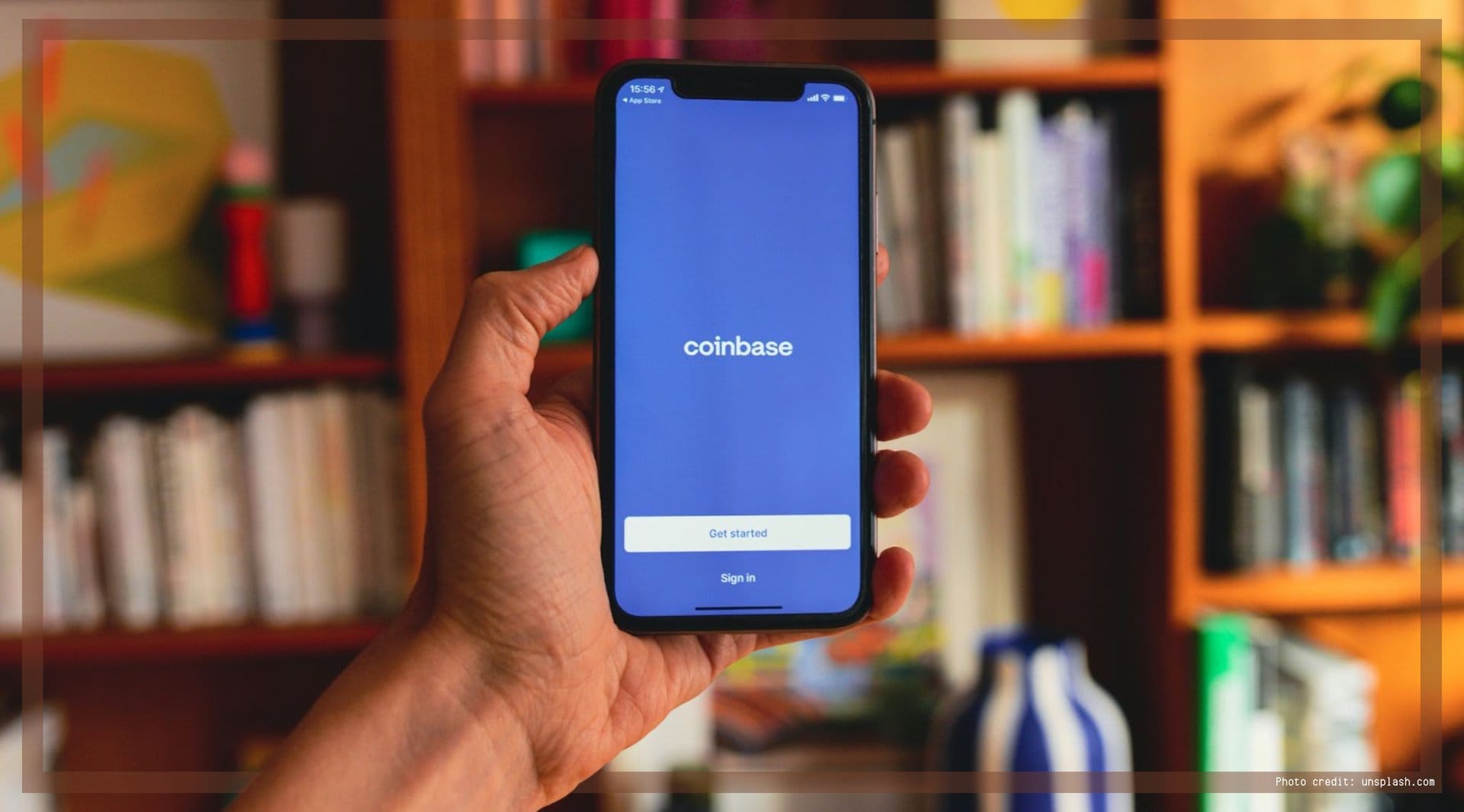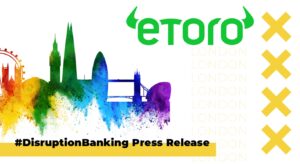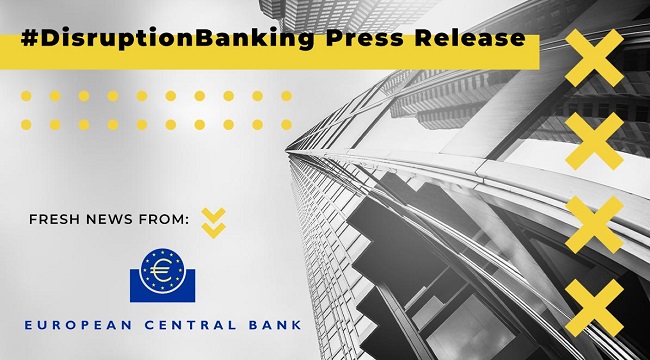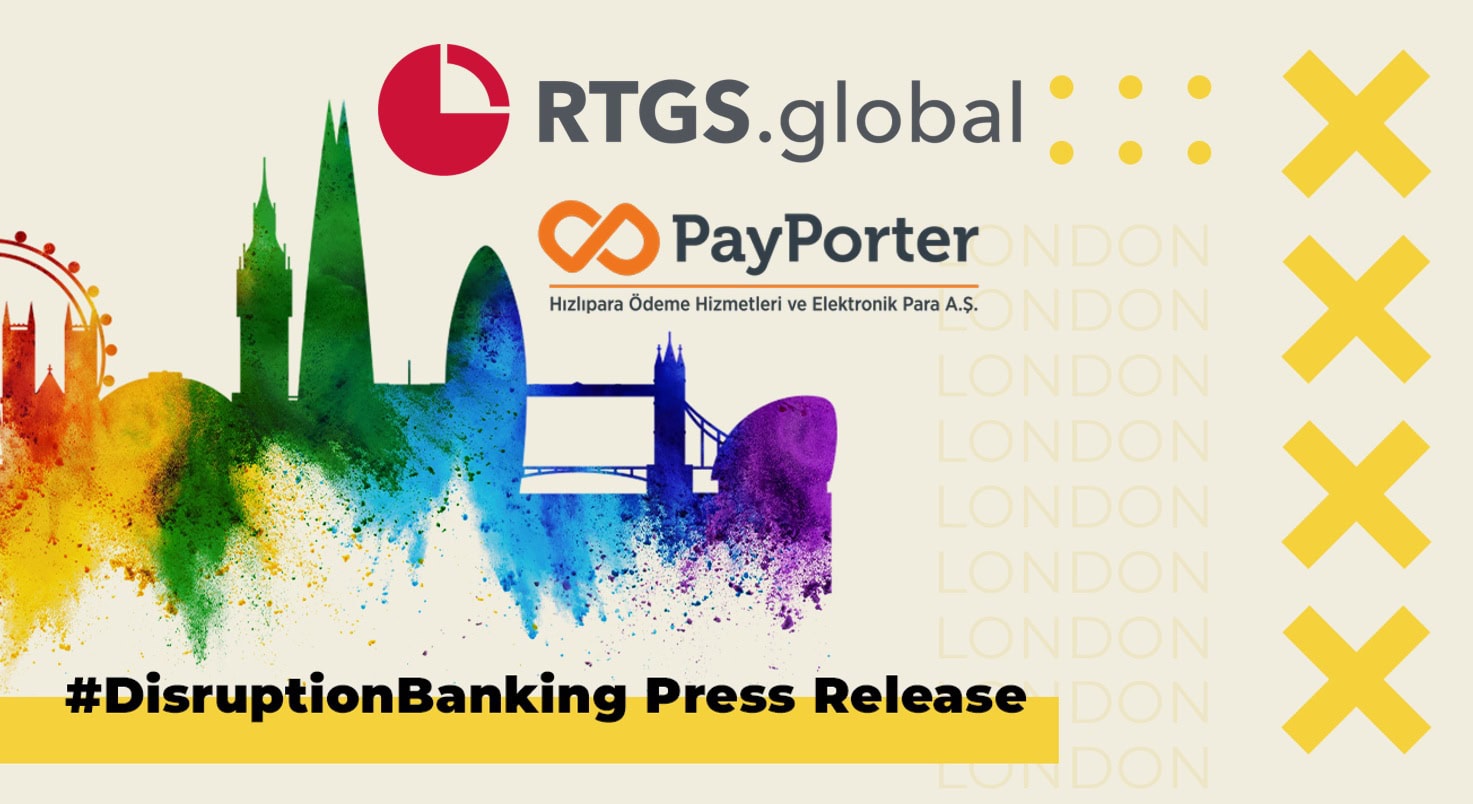The recent announcement of Facebook’s plans to launch its own digital
currency, Libra, in the early part of next year has sent shockwaves through the financial world and raised questions about the future of currency in the digital age. Ignatius Bowskill reports.
Cryptocurrencies and alternative payment platforms are regularly being touted as threats so far to the traditional banking landscape, but the announcement of Facebook’s Libra digital currency has immediately been regarded as one of the most disruptive so far. Backed by a global brand name, albeit one tarnished by recent data and privacy scandals, it would appear that Libra has better chances of commercial success than already established cryptocurrencies, particularly with numerous big names in its governing consortium (see panel on opposite page).
Cautious response
Given the recent high-profile concerns surrounding Facebook and how it stores and shares user data, as well as widespread skepticism about the emergence of cryptocurrencies in general, perhaps it is unsurprising that the reaction of governments and central banks to the announcement of Libra has been one of trepidation. In the United States, Federal Reserve chair Jerome Powell told Congress of his “serious concerns” about how Libra would deal with money laundering, consumer protection and financial stability, while President Donald Trump also weighed in on Twitter, saying: “If Facebook and other companies want to become a bank, they must seek a new Banking Charter and become subject to all Banking Regulations”.
What is Facebook’s Libra?
Facebook Libra is a new digital currency created by the social media giant and expected to launch in early 2020. The company states the aims of Libra as reducing the cost and increasing the speed of sending money online, as well as helping to boost inclusion for those with limited access to financial services.
In common with cryptocurrencies such as Bitcoin and Ethereum, Libra will be built upon a blockchain platform. However, an important difference is that the Libra Network is a “permissioned blockchain”, meaning that only particular servers will be able to connect, unlike other cryptocurrency networks where any server may join the chain. Facebook claims that the advantage of this approach will be that the network will be able to handle more transactions than other cryptocurrencies.
Although Facebook has developed the network for Libra, the launch and governance of the currency will be overseen by an independent and non-profit organisation, the Libra Association. Based in Geneva, this consortium of companies and non-profit organisations comprises representatives from payments, communications, technology and venture capital fields. Among its 28 founding members are Paypal, Coinbase, Visa and Mastercard, and Facebook expects the Association to have 100 members by launch day.
Unlike other cryptocurrencies, Facebook Libra will be pegged to a basket of assets, which the Libra Association says will include “bank deposits and government securities in currencies from stable and reputable central banks”. This is likely to mean global currencies such as the US dollar and the euro.
Facebook has also created a subsidiary to develop new products and services that will utilise Libra, The first of these is the Calibra Wallet, which will enable users to store Libra and transfer it to other users in a similar way to sending a text message, at little or no cost. Other developers will also be able to create wallets and other utilities that use Libra.
In Europe, French finance minister Bruno Le Maire warned against Libra being allowed to become a sovereign currency, while Bank of England governor Mark Carney said that it would need “to be subject to the highest standards of regulation”. Japan has gone a step further and launched an investigation into Libra and its potential effect on the country’s monetary policy, which it intends to submit to the G7 leaders’ meeting in France in late August.
One of the biggest areas of concern among analysts is global financial stability. One financial regulator in South Korea recently highlighted the consequences for banks’ solvency “if 2.4 billion Facebook users worldwide transfer one-tenth of their bank deposits to Libra”. Bad memories still loom large in a global system that is still recovering from the effects of the 2008 financial crisis and the bailing out of the private banking sector by national governments.
Allaying fears
Since Facebook announced the launch of Libra in June, it has sought to allay the fears of analysts, regulators and lawmakers, pledging to tick all the necessary regulatory boxes before the currency goes live. “The time between now and launch is designed to be an open process and subject to regulatory oversight and review,” said Facebook executive David Marcus in testimony to US Senate Banking Committee on 16 July“ We know we need to take the time to get this right. And I want to be clear: Facebook will not offer the Libra digital currency until we have fully addressed regulatory concerns and received appropriate approvals.”
The stir created by Facebook’s entry into cryptocurrency has reignited the debate over the future of money, payments and banking in an increasingly digital financial landscape. This includes the possibility that central banks themselves may move towards creating their own digital currencies.
The idea is already receiving the attention of governments around the world, bringing with it the potential for users’ accounts being held directly at the central bank. One of the advantages of such a move would be to increase financial inclusion, particularly in areas where populations are poorly served by banks and are unable to access physical cash easily and conveniently.
“The time between now and launch is designed to be an open process and subject to regulatory oversight and review”
Facebook executive David Marcus
Although current digital currency providers highlight that their technology and security measures can be trusted, a fully regulated, central bank-backed digital currency is likely to earn the trust of users in much the same way that coins and paper money issued by central banks have been considered safe for centuries. Such a development may also prevent the transfer of digital currency from coming under the power of a small number of payment behemoths, but carries the associated risk of stifling innovation in the sector.
The advent of Facebook Libra is set to be a major challenge to the traditional banking system and the authority of central banks. It is a story that is only going to become more interesting and complex if and when its rival online giants launch their own digital currencies.
















4 Responses